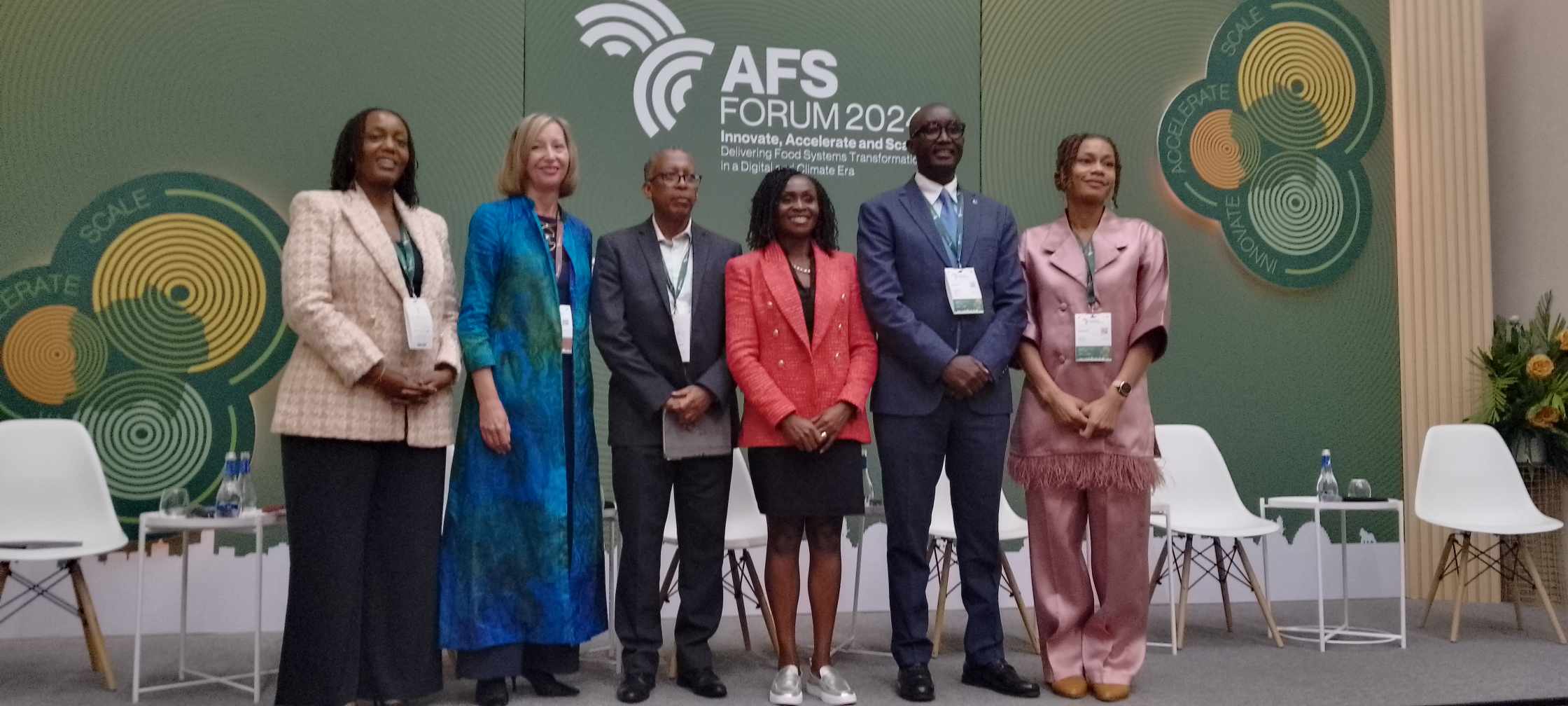|
Getting your Trinity Audio player ready...
|
Investing in gender-sensitive policies and regulatory frameworks that encourage investment in women agripreneurs is central to the future of agrifood systems in Africa.
African women are the backbone of agriculture, contributing approximately 70% of food production and performing nearly 50% of agricultural labor. However, despite their essential role, they face disproportionate challenges in accessing finance, markets, and technology.
“This gap is a gender issue, as much as it is a fundamental economic issue. Imagine the vast potential we are leaving untapped—both in terms of productivity and economic growth—by not fully supporting women agripreneurs.”
“We must invest in gender-sensitive policies and regulatory frameworks that encourage investment in women agripreneurs. Without supportive environments, all the financial access in the world won’t be enough to overcome systemic barriers,” Amoah said.
AGRA’s VALUE4HER initiative is one such platform where the institution is building an inclusive and supportive ecosystem for women agripreneurs. By connecting women to markets, finance, and networks, stakeholders will be driving not just the growth of their businesses, but also the economic transformation of entire communities.
Addressing the same gathering, Robynne Anderson, the Director-General of the International Agri-Food Network underscored the need to give women in agribusiness access to seed, finance, leadership training, and extension services.
“And we could be more pleased to be adding that little bit of extra kick into this bigger ecosystem that needs the kind of systemic work that we heard about in Rwanda and also with Nigeria’s work on trade,” she added.






